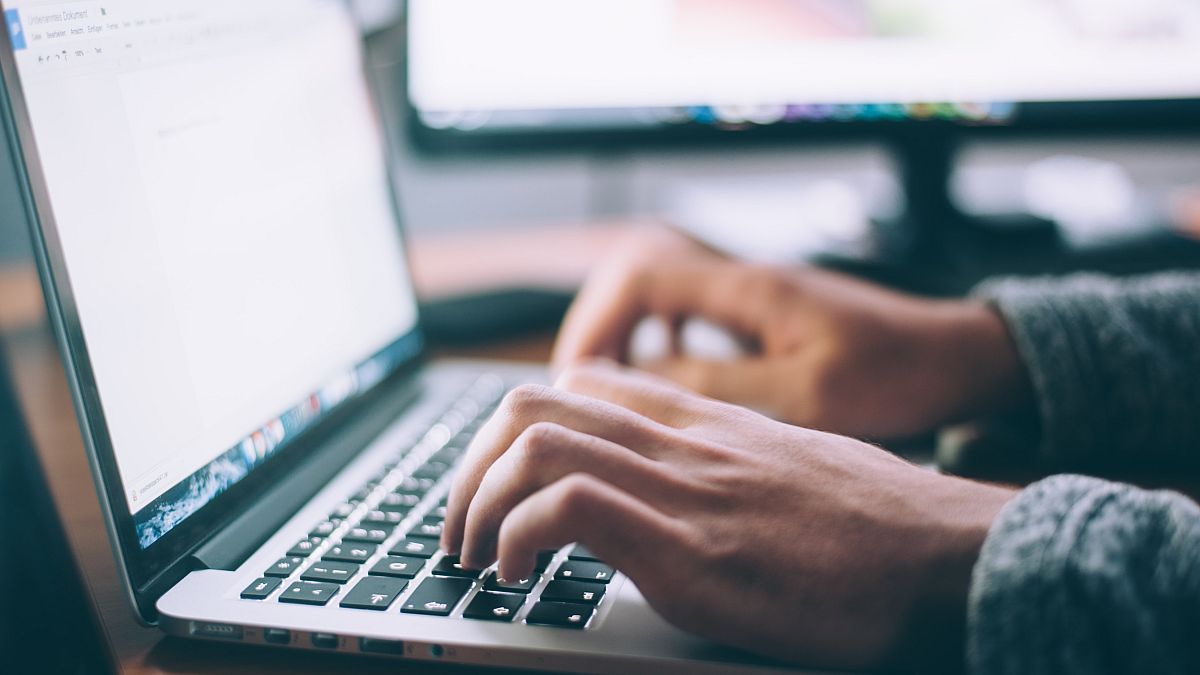By Lisa Gibbons
With greenhouse gas concentrations at their highest levels in two million years, according to the UN, the earth is now around 1.1°C warmer than it was in the late 1800s. The last decade was the warmest on record, and emissions continue to rise.
DAOs (decentralised autonomous organisations) are one way in which large groups of people are coming together to create climate-fighting businesses, harnessing the power of new technologies.
What is a DAO?
Built on a blockchain using smart contracts (digital one-of-one agreements), the power of a DAO lies in the fact that, due to their decentralised and autonomous nature, no one person governs them.
Billionaire investor Mark Cuban has said that DAOs are “the ultimate combination of capitalism and progressivism".
Their use is particularly appealing for climate change companies, as they allow individuals to fund the kind of projects and companies they want to see become a reality. They neatly eliminate the need for majority stake investors who may otherwise influence the decisions of the company.
What do they have to do with climate?
The digital asset industry is often criticised for its energy consumption – and for good reason.
The wide variety of power sources used to mine digital assets has led to further scrutiny of the environmental implications linked to blockchain technology. Bitcoin currently consumes 92 terawatt-hours of electricity per year, which is equivalent to the annual energy of countries like the Philippines and Kazakhstan, or 0.41 per cent of the total world electricity production.
According to a Eurobarometer survey by the European Commission, climate change is very much at the top of people’s minds, with 93 per cent of EU citizens seeing climate change as a serious problem. Additionally, 87 per cent think the EU should set ambitious targets to increase renewable energy and support energy efficiency.
For those whose personal ethics align with climate change goals, but who work in tech roles that involve cryptocurrencies, there can be a disconnect.
Climate-conscious individuals can come together as members of a DAO to make informed decisions in an interesting way to tackle our current climate crisis.
DAOs as a future governance model
Because a DAO has permissions built into its design from the beginning and is most often anonymous, there is less room for gender, race or economic bias.
In recent years, companies like MakerDAO and DAOLabs have begun to explore alternative new ways of management and planning. Within a DAO framework the community votes for a shared outcome, allowing inputs from all parties, rather than relying on a few at the top.
DAOs will often have their own treasury to support the proposed projects it seeks to fund – for example, SparkEco will build localised small solar microgrids worldwide – and make it easy for any community member to suggest new proposals that would benefit the overall community.
DAOs could change the face of work as we know it too, giving people more opportunities to choose projects they want to work on, and with companies they have a genuine say in.
The green DAOs to know about right now
A host of different issues are being addressed by climate change DAOs, including carbon emissions, soil health, deforestation and crop fertility. Organisations like MakerDAO, dClimate and ReFi DAO are leaders in the adoption of DAO structures to implement the changes required to address the negative impacts of climate change to our economies.
KlimaDAO is another company in the space. It is accelerating the price of carbon assets in order to force companies and economies to adapt to low-carbon technologies and carbon-removal projects.
Diatom’s mission is to protect the ocean, using treasury funds to invest in highly-vetted ocean protection and cleanup projects. While dClimate offers a decentralised marketplace for buying and sharing reliable data to develop data-driven climate applications. Deloitte is also actively seeking to grow its blockchain expertise to address climate challenges.
As the sector grows, so do the opportunities for moving the dial on climate change, and on job creation.
What does the future hold?
Although DAOs are still evolving and their true career potential is yet to be discovered, the benefits of increased transparency, community engagement and speed are providing valuable insights for climate action advocates.
However, blockchain technology is also faced with limitations and regulatory concerns.
Further investment and research are required to assess the overall contribution of DAOs to future applications that positively affect climate change problems.
Designing, developing and offering the right products to tackle our changing relationship with the environment and ongoing climate crises will require the right expertise in Fintech roles that can positively implement ideas for a greener future.
Unlock your career potential with the most up-to-date Fintech roles via Euronews.Jobs today.






